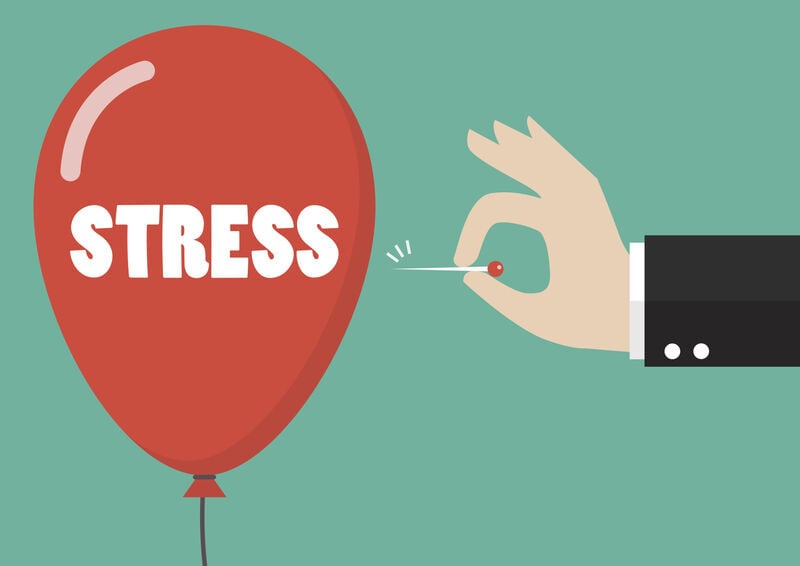
“How are you?” It’s a question asked many times a week. We ask this question to family, friends, and even strangers, so based on this, you’d figure that society was interested in how people feel. Most people reply with “good,” “okay,” or “fine,” and to be quite honest, we’d feel maybe a tad bit uncomfortable if we got an elaborate genuine answer.
It can seem like a risky thing to get in touch with our true feelings, even expressing them to others seems like a struggle. A friend mentioned having an issue with his father and what he posted in a family chat. When I suggested bringing it up directly with his father, the response was a flat “no” as the reason was feelings weren’t discussed in his family.
Our feelings directly impact our mood, our thinking, and our behavior. When we’re not in touch with our feelings, we surrender and are at the mercy of them.
Regulating our feelings by understanding them is what is referred to as “emotional intelligence.” Psychologists state that emotional intelligence is something we can build by learning emotional skills.
R.U.L.E.R. is an acronym that is used to help teach children and teenagers around the world more about developing a better understanding of our feelings and how to harness them to our advantage.
These five skills can be practiced now:
R: Recognize
Being able to recognize and managing any feelings is the first step. There may be times where you’ve got a headache or a pain that only until later you realized was caused by some emotional stress. A “Mood Meter” is a technique that involves asking yourself two simple questions. How much energy does this emotion have? And how pleasant is this emotion?
By identifying which category these emotions fall into, we can wisely deal with them.
U: Understand
“Why am I feeling this way?” By understanding and asking questions about what causes us to feel a certain way, this can reduce anxiety. The introspective practice can help sort out why you are feeling that way you are. It takes time, so be patient.
L: Label
Simply recognizing what may be the cause for emotion, what you feel just doesn’t cut it. It’s essential to label and give it a proper name. We must expand our emotional vocabulary and elaborate instead of just using words like “good” and “bad.” As the saying goes, “if you can name it, you can tame it.”
E: Express
These last two are about what to do with your emotions. Expressing your emotions may seem embarrassing, or if you’re vulnerable may even injure yourself. But, “hurt feelings don’t vanish on their own,” according to Bracket. It’s important to express them some way, so they’re not piled up.
R: Regulate
Coping with our feelings is the last emotional skill we need to learn. No matter if we decide to express them or not, they eventually impact us greatly and if they’re not sorted then they’ll impact our lives. It’s crucial to learn how to deal and accept them wisely.
















